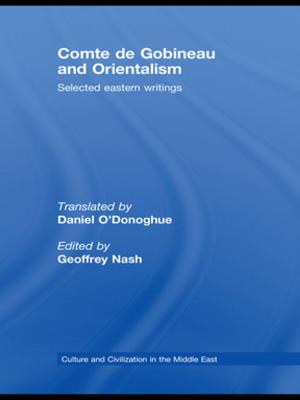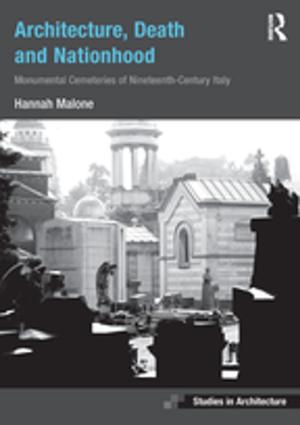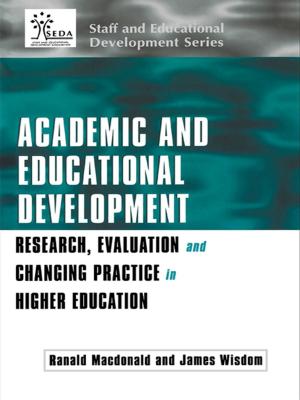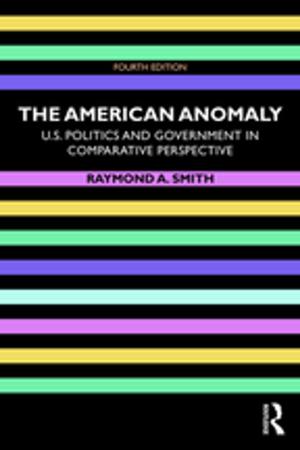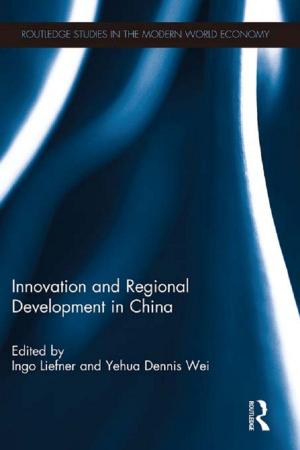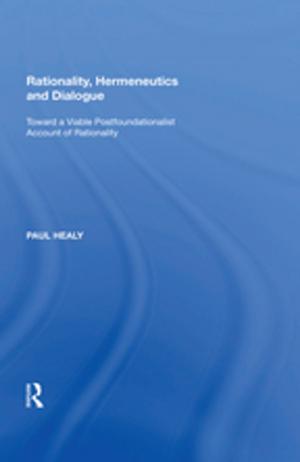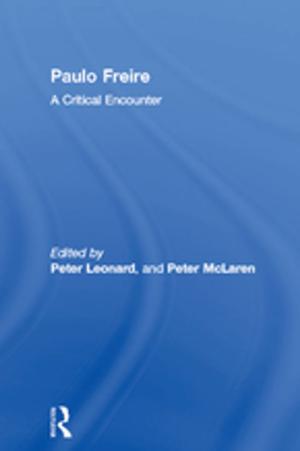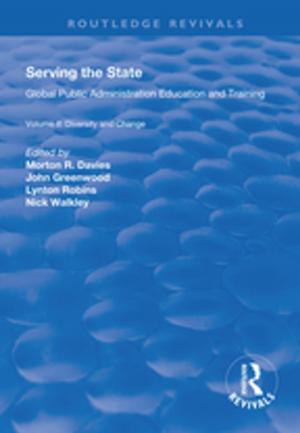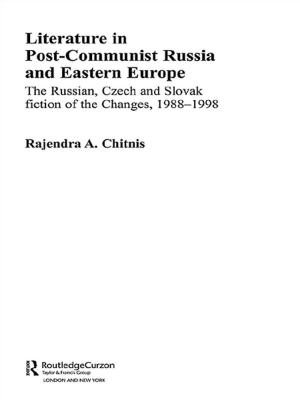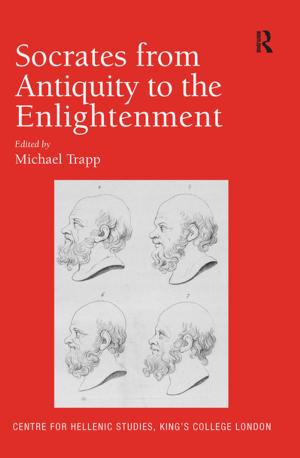Aspects of Learning (RLE Edu O)
Nonfiction, Reference & Language, Education & Teaching, Educational Theory, Evaluation, Educational Reform| Author: | Brian O'Connell | ISBN: | 9781136453120 |
| Publisher: | Taylor and Francis | Publication: | June 14, 2012 |
| Imprint: | Routledge | Language: | English |
| Author: | Brian O'Connell |
| ISBN: | 9781136453120 |
| Publisher: | Taylor and Francis |
| Publication: | June 14, 2012 |
| Imprint: | Routledge |
| Language: | English |
The time has passed when learning was identified purely as a process involving the ability to store and recall knowledge and facts, and the competence to produce them when required. These abilities still seriously concern the potential teacher and this book duly examines them, but the ‘whys’ and the ‘hows’ of learning and teaching are now considered as important as the implanting of facts for regurgitation at exam time.Some children learn more quickly than others, some can remember facts more easily, and a teacher must ask several fundamental questions in order to understand the factors at work in this learning process. Where is knowledge stored? Why do we remember some facts and forget others? When are we learning new facts and when are we remembering and adapting knowledge to see it in a new light? To help answer these and many other questions a number of learning situations, typical in most schools, are examined, the processes at work in the classrooms are examined and then they are both related to different theories of learning.
The examination of a series of learning processes should not necessarily involve a choice between them, and a feature of this volume is its lack of partiality towards any particular teaching method, although the teacher and student will draw their own conclusions.
The time has passed when learning was identified purely as a process involving the ability to store and recall knowledge and facts, and the competence to produce them when required. These abilities still seriously concern the potential teacher and this book duly examines them, but the ‘whys’ and the ‘hows’ of learning and teaching are now considered as important as the implanting of facts for regurgitation at exam time.Some children learn more quickly than others, some can remember facts more easily, and a teacher must ask several fundamental questions in order to understand the factors at work in this learning process. Where is knowledge stored? Why do we remember some facts and forget others? When are we learning new facts and when are we remembering and adapting knowledge to see it in a new light? To help answer these and many other questions a number of learning situations, typical in most schools, are examined, the processes at work in the classrooms are examined and then they are both related to different theories of learning.
The examination of a series of learning processes should not necessarily involve a choice between them, and a feature of this volume is its lack of partiality towards any particular teaching method, although the teacher and student will draw their own conclusions.


